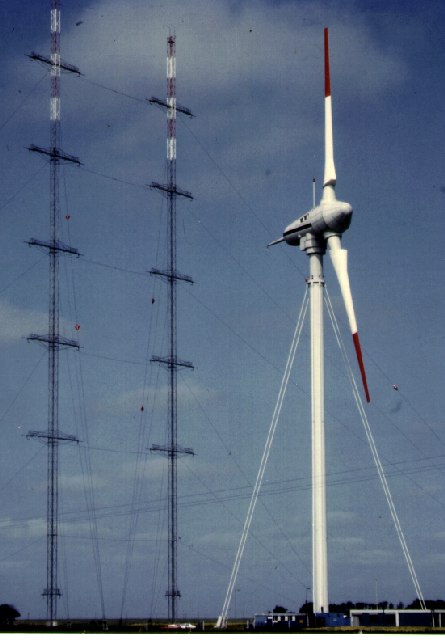
"We declare that putting biodiversity on a path to recovery is a defining challenge of this decade" - the Kunming declaration published today has clear words - but where it counts, on the targets, it only "notes" calls for action - they're not part of any commitment. 

It merely says: "Noting the call of many countries to protect and conserve 30 per cent of land and sea areas through well-connected systems of protected areas and other effective area-based conservation measures by 2030" ... which signals a critical lack of commitment for now. 

And that after "Acknowledging with grave concern that the unprecedented and interrelated crises" of biodiversity loss, climate change, land & ocean degradation, pollution, risks to health & food security "pose an existential threat to our society, our culture, our prosperity".
Interesting to me is the reference to "ecological civilisation" in the title, a concept largely promoted up to now (as far as I can tell) by China - but a wording that interests me, raising profound questions, if it can be explained. We certainly need a culture of sustainability.
Full text of the declaration here:
cbd.int/doc/c/c2db/972…
cbd.int/doc/c/c2db/972…
Here's hoping that the final outcome of the Kunming process in early May 2022, after the 2nd part of these international negotiations has been completed, will be more decisive on targets. For science, it is a critical challenge to find ways to better quantify biosphere integrity.
• • •
Missing some Tweet in this thread? You can try to
force a refresh












